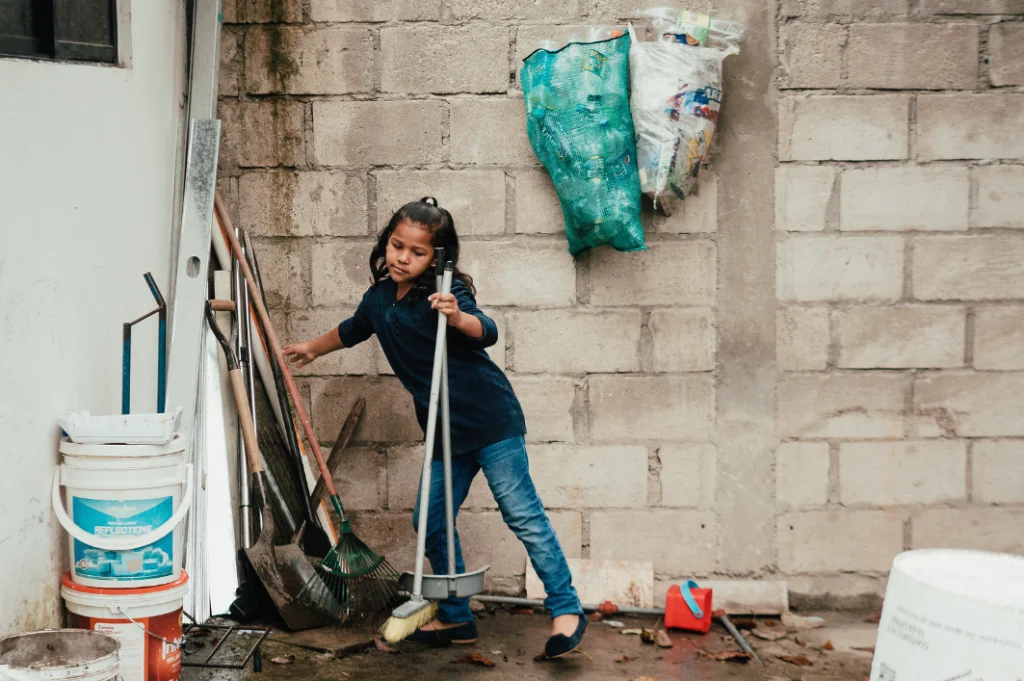
In Venezuela, only 26.6% of women use contraceptives due to shortages, low income or lack of sex education.
By Susana Reina (Latinoamerica21)
HAVANA TIMES – Looking for conversation, a cab driver who took me on a trip to a distant city told me about his family: “I have a girl and a boy. I had to take her out of school because I couldn’t afford to pay for uniforms, books, snacks, transportation…” I asked him: “Why did you take her out of school and not the boy? Didn’t she get good grades?” He answered: “If you knew that she is much more diligent than him, but she is already 13, her breasts stated to develop, soon she will become pregnant and I will lose all the money. Besides, the boy is the one who needs to work to support his future family.
This father expects his daughter to be an adolescent mother because he sees her that way, a “a girl with breasts” as he says. It is his culture, part of the custom: girls grow up and get pregnant, the boy is the protector and provider of the home. This gender stereotype is perpetuated from generation to generation, limiting the socio-productive progress of adolescent girls and their equal access to opportunities and rights.
But a girl outside the school circuit who becomes pregnant faces an extraordinary risk to her own health and to the rest of her living conditions, especially her educational future. According to a study carried out by CAF, teenage pregnancy and motherhood are exogenous factors of school disengagement, and another PAHO study indicates that teenage pregnancy is proportionally higher the lower the educational level of the girls involved.
This is a pressing problem for adolescent girls to be able to study, work and mature sufficiently before motherhood. But also for their families and the whole community because it compromises the family economy and social mobility: if they are poor, this maternity increases the possibility of continuing or worsening their poverty and, thus, that their children will also grow up in poverty.
The Venezuelan case: an alarming situation
Venezuela doubles the average teenage motherhood rate in Latin America. According to the Venezuelan Association for Alternative Sexual Education (A


